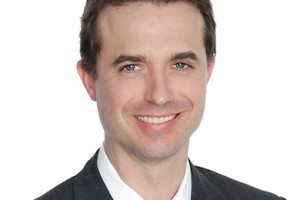A Holter monitor is a small battery powered device to monitor your heart’s
electrical activity over a 24 hour period.
Why does my doctor want to have this test?
A Holter monitor may be done for the following reasons:
- Investigation of palpitations
- Investigation of dizziness and fainting
- To monitor the function of your pacemaker or defibrillator, if you have one
- To assess how well medications are controlling your symptoms of a heart rhythm disorder
How do I prepare for the test?
Be mindful that you will be wearing the device for 24 hours and cannot shower
during the test
Do not wear moisturisers on your chest
You will be asked to remove clothing above the waist, so wear items that are
easy to remove
Please bring your medication list to the appointment
Is it dangerous?
The test is not invasive. There are no risks or dangers. Very rarely ECG electrodes may cause skin irritation.
How is it done?
Allow about half an hour to have the monitor fitted.
A bare chest is needed to attach the monitor. Women will be provided with a
gown.
The device will be fitted by a technician. Electrodes will be stuck to your chest
wall. Your skin will be given a mild scrub with paper and wiped with alcohol to
facilitate sticking. Men may need to have hair shaved off. The skin on your chest
may, on rare occasions, become irritated when the electrodes and tape are
removed. The irritation is caused by the conductive gel on the electrodes
reacting with the skin.
What do I do during the test?
You should go about your activities in a normal manner. The technician will
provide you with a diary to complete. You should make an entry every time your
feel symptoms like chest pain, dizziness, shortness of breath or heart
palpitations. You should record the time symptoms occurred, what symptoms
occurred and what you were doing at the time.
Is there anything I shouldn’t do during the test?
- During the 24 hours of the test you should not shower, bathe or swim or get the
- device wet
- Do not use electric blankets
- Do not use body powder or talcum
- Do not remove the monitor
- Do not shake the wires
- If a lead wire comes unclipped from an electrode just snap it back on and record
- this in your diary
- Do not drop the monitor
- Do not open the monitor
When do I return to the centre for the device to be removed?
You will be advised on when you will need to return for the device to be removed. It is usually, but not always, the next day. Failure to return the device after a prolonged period may result in a late fee.
Download a PDF of this page here.





